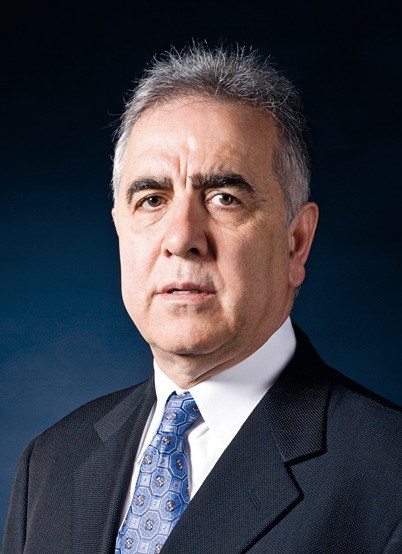Last week, a Turkish Parliamentarian submitted a proposal to the Grand National Assembly of Turkey, seeking condemnation of the Armenian Genocide, a series of atrocities, and other acts of state terrorism.
In this document, Sebahat Tuncel, member of pro-Kurdish Peoples’ Democratic Party (HDP), requests that Pres. Erdogan acknowledge and apologize in Parliament for the Armenian Genocide, massacres of Dersim, Marash, Sivas, and Chorum, mass hangings after the Sept. 12, 1980 military coup, and other Crimes Against Humanity resulting from state terror.
The proposed resolution also demands that the Turkish President visit one of the sites of the mass killings, repeat his apology in public, and declare April 24 to be an official Day of Mourning. Within a year, the Parliament is to form a Truth Commission and make public all documents in state archives regarding these crimes. Moreover, moral and material restitution should be provided to descendants of the victims.
It is expected that the Turkish Parliament would reject consideration of this proposal. Most probably, Tuncel’s real intent is to raise the issue of the Armenian Genocide and other mass killings in Parliament, regardless of the outcome. The mere submission of such a resolution would create a national uproar inside the Parliament, the media, and Turkish denialist circles. Tuncel must be aware that she is running the risk of having her parliamentary immunity lifted and being prosecuted for bringing up banned subjects under Article 301 of the Turkish Penal Code.
While welcoming Tuncel’s daring and bold proposal, Armenians, Turks, Kurds, and others should not forget that this would not be the first time the Turkish government has taken up the deportation and massacre of Armenians. On November 4, 1918, immediately after the collapse of the Young Turk regime and before the founding of the Republic of Turkey by Kemal Ataturk in 1923, the Ottoman Parliament considered a motion on the crimes committed by the Committee of Union and Progress (CUP): “A population of one million people guilty of nothing except belonging to the Armenian nation were massacred and exterminated, including even women and children.” The then Minister of Interior Fethi Bey responded by telling the Parliament: “It is the intention of the government to cure every single injustice done up until now, as far as the means allow, to make possible the return to their homes of those sent into exile, and to compensate for their material loss as far as possible.”
A Parliamentary Investigative Committee proceeded to collect relevant documents describing actions of those responsible for the Armenian mass killings and turned them over to the Turkish Military Tribunal. CUP’s leading figures were found guilty of massacring Armenians and hanged or given lengthy prison sentences. The Military Tribunal requested that Germany extradite to Turkey the masterminds of the massacres who had fled the country. After German refusal, they were tried in absentia and sentenced to death.
To reinforce her proposal with historical and legal precedents, Tuncel may want to submit to the Turkish Parliament a copy of the 1918 parliamentary motion and discussion on the Armenian Genocide, which was referred to at the time as “Armenian deportations and massacres.” She should also submit a copy of the guilty verdicts issued by Turkish Military Tribunals. Finally, Tuncel should remind the Parliament of the historic admission Kemal Ataturk made in an interview published in the Los Angeles Examiner on August 1, 1926: “These leftovers from the former Young Turk Party who should have been made to account for the lives of millions of our Christian subjects who were ruthlessly driven en masse from their homes and massacred.” Would any Turkish Parliamentarian dare to call the Father of Modern Turkey a liar?
Should the Turkish Parliament block Tuncel’s resolution and prevent its consideration, it would expose the Erdogan government’s fear of facing the truth and concealing the guilt of its predecessors! Regardless of the end result, this proposal is an unexpected positive development on the eve of the Armenian Genocide Centennial and provides some consolation to descendants of the victims of more recent Turkish atrocities.
The introduction of Tuncel’s proposal to the Turkish Parliament coincided with the unanimous recognition of the Armenian Genocide by Bolivia’s Senate and Parliament. Significantly, this acknowledgment was achieved on its own merits, without any Armenian lobbying efforts, which negates the standard Turkish claim that countries recognizing the Armenian Genocide do so under pressure from local Armenian communities. Hardly any Armenians live in Bolivia!


